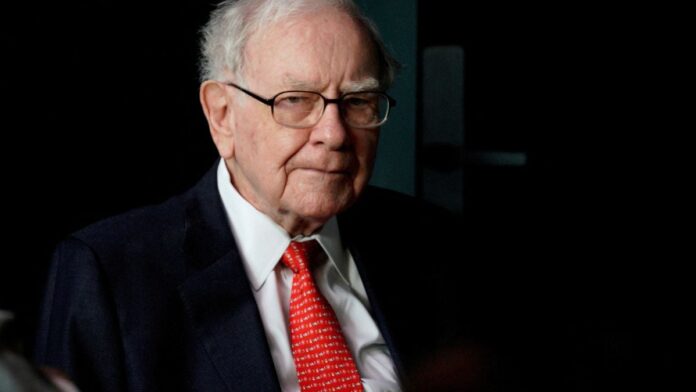In his annual letter to shareholders on Saturday (February 22), Warren Buffett highlighted the achievements of Berkshire Hathaway’s companies over the past year and reflected on the remarkable 60-year journey since he took over a struggling New England textile firm, transforming it into a vast conglomerate. Buffett began by admitting to making mistakes over the years, though he didn’t delve into specifics. Here are the key takeaways Warren Buffett’s 2024 Letter –
Greg Abell will soon replace Warren Buffet as CEO
Buffet confidently assured shareholders that his chosen successor, Greg Abel, is not one of those missteps mentioned in the letter. Buffett praised Abel’s leadership and affirmed that he will be well-prepared to seize significant investment opportunities when they arise. “At 94, it won’t be long before Greg Abel replaces me as CEO and will be writing the annual letters. Greg shares the Berkshire creed that a “report” is what a Berkshire CEO annually owes to owners. And he also understands that if you start fooling your shareholders, you will soon believe your own baloney and be fooling yourself as well,” the letter read.
ALSO READWarren Buffett says Berkshire Hathaway paid more taxes to US govt than American tech titans
“We are impartial in our choice of equity vehicles, investing in either variety based upon where we can best deploy your (and my family’s) savings. Often, nothing looks compelling; very infrequently we find ourselves knee-deep in opportunities. Greg has vividly shown his ability to act at such times,” Buffett wrote.
Buffett openly admits to making mistakes
Buffett candidly acknowledges having made errors in both capital allocation and personnel choices. “During the 2019-23 period, I have used the words ‘mistake’ or ‘error’ 16 times in my letters to you. Many other huge companies have never used either word over that span.”
“At other times, I’ve made mistakes when assessing the abilities or fidelity of the managers Berkshire is hiring. The fidelity disappointments can hurt beyond their financial impact, a pain that can approach that of a failed marriage. A decent batting average in personnel decisions is all that can be hoped for. The cardinal sin is delaying the correction of mistakes or what Charlie Munger called “thumb-sucking.” Problems, he would tell me, cannot be wished away. They require action, however uncomfortable that may be,” the letter read.
» Read More


